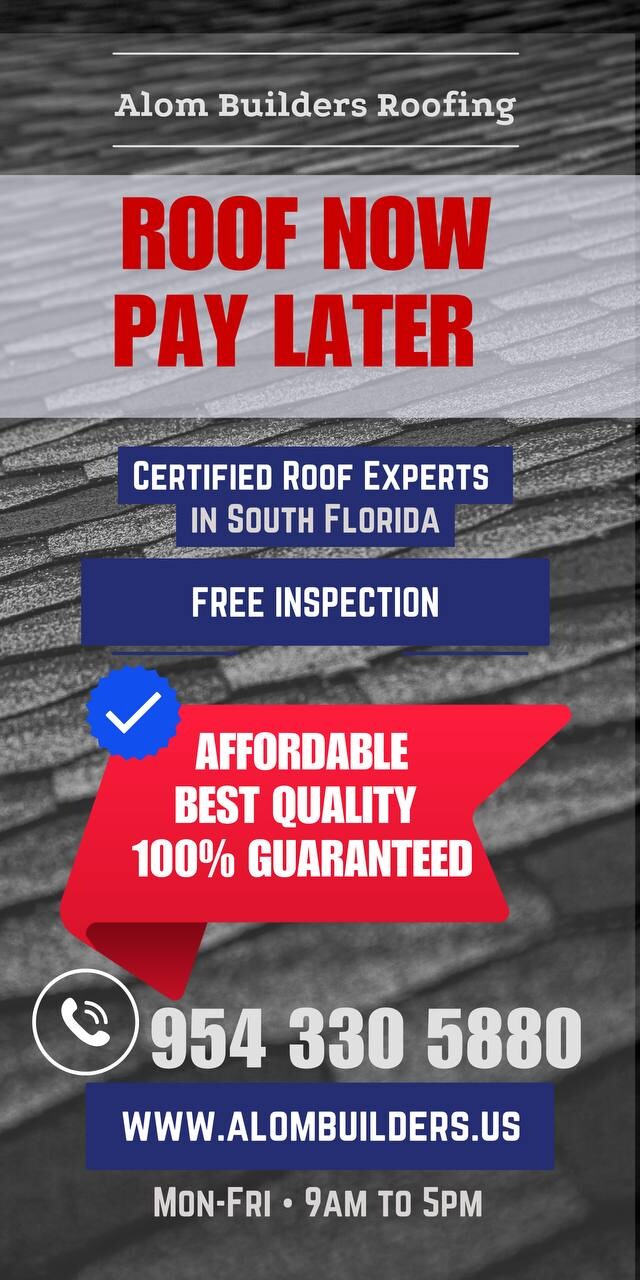[ad_1]
Roof Inspection 101: What to Expect from a Professional Evaluation
The Importance of Regular Roof Inspections
When it comes to your home, regular maintenance is key to preventing costly repairs and ensuring your safety and security. One of the most crucial components of home maintenance is the roof – after all, it protects you from the elements. But with all the tasks and responsibilities that come with homeownership, it can be easy to overlook routine roof inspections. However, neglecting your roof’s condition can lead to damaged shingles, curled edges, and even leaks – not to mention the safety risks posed by loose roofing materials or compromised structural integrity. By understanding what to expect from a professional evaluation, you can ensure that your roof is in good condition and make informed decisions about maintenance and repairs.
Pre-Inspection Preparation
Before a roof inspection, there are several steps you can take to ensure a smooth and effective assessment. First, clear away any debris or obstructions from your roof, as this can interfere with the inspector’s ability to thoroughly evaluate the condition of your shingles and other roofing elements. Next, provide clear access to the roof for the inspector, and try to minimize foot traffic in areas where the inspector will need to examine the roof. This will help prevent damage and ensure a comprehensive evaluation.
The Inspection Process: What to Expect
On the day of the inspection, your roofing professional will arrive at your home armed with the necessary tools, including a ladder, telescope, and various measuring and testing instruments. The inspector will begin by examining the roofing material, including shingles, flashing, and insulation, looking for signs of wear and tear, damaged or missing shingles, and evidence of leaks. They will also inspect your gutters and downspouts, checking for signs of damage, blockage, or wear. From there, the inspector may use specialized equipment to inspect more inaccessible areas of the roof, such as the trusses or attic space, to identify potential issues such as structural damage or wildlife infestations.
Inspecting for Common Defects and Damage
When inspecting your roof, the professional will be looking for a range of defects and damage, including. They will inspect for shingle wear, curled shingles, and signs of aging, such as worn-out or brittle shingle edges. They will also inspect for flashing damage or deterioration, and check gutters and downspouts for clogs, debris, and sagging.
Inspection Report: What You Need to Know
Once the inspection is complete, the inspector will provide you with a comprehensive report detailing their findings and recommendations for maintenance and repair. The report should provide a detailed assessment of your roof’s condition, outlining any defects, damage, or wear, as well as an estimate of when these issues are likely to become critical. It should also provide a clear breakdown of the cost and scope of any necessary repairs or replacement, allowing you to prioritize and budget accordingly.
Conclusion
A professional roof inspection is an essential tool for any homeowner looking to maintain their home’s structure and ensure their safety. By understanding what to expect from a professional evaluation, you can rest assured that your roof is in good condition and make informed decisions about maintenance and repairs. Whether you’re dealing with a specific issue or looking to maintain your roof in the long term, knowing what to expect from an inspection will help you work with your roofing professional effectively and keep your home – and your family – protected.
Frequently Asked Questions
Q: How often should I get my roof inspected?
A:** Most experts recommend conducting a roof inspection at least once a year, depending on your location, age, and condition of the roof.
Q: What kind of training does a roofing inspector need to have?
A:** Roofs are a complex part of any home, so it’s essential to have a qualified professional with specific training and experience in residential roofing. Look for NRIA certification, for example, which ensures that the inspector has met certain standards in their field.
Q: What should I ask during a roof inspection?
[ad_2]
 +1 954-228-7485
+1 954-228-7485 